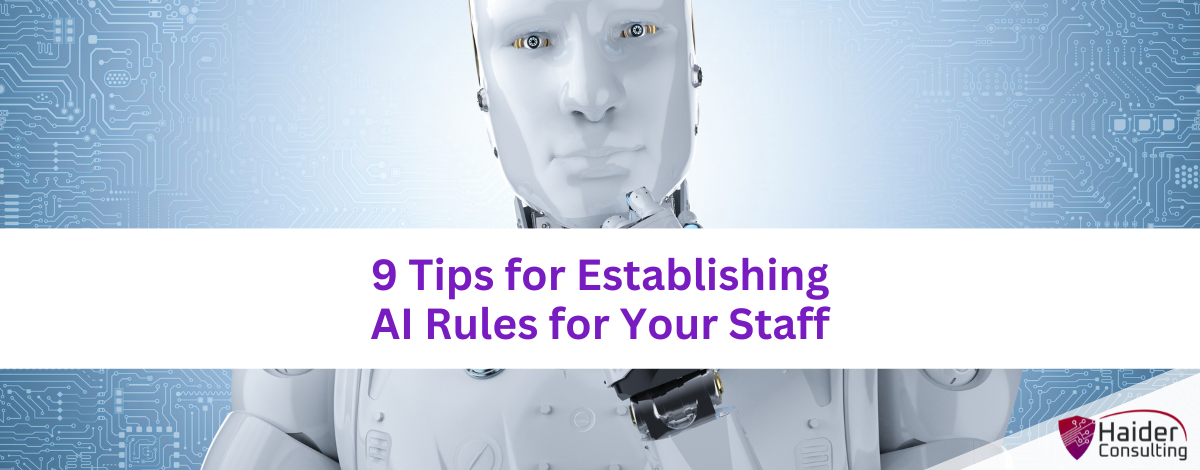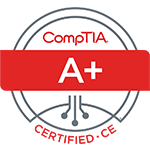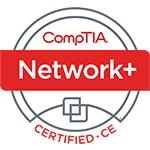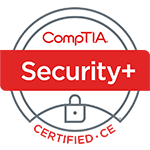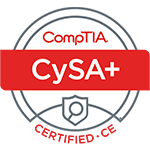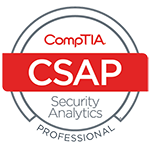🚀 The new year is well underway, and artificial intelligence (AI) continues to redefine the business landscape, offering unparalleled opportunities for enhancing productivity, efficiency, and innovation. However, with these opportunities come challenges and responsibilities. It’s crucial for businesses to establish clear, ethical AI rules to maximize your staff’s benefits while managing risks.
Crafting AI Rules for Staff: A Roadmap to Success
Let’s explore some key strategies to create effective AI rules for your staff, ensuring that AI is a boon, not a bane, for your business.
1. Clarifying AI’s Role and Objectives
Before introducing AI into your workplace, it’s essential to define its purpose and alignment with your business goals. While AI can be a helpful tool in many regards, you need to know what you want to accomplish with it, or you may start to overwhelm yourself and your team.
Set some realistic expectations, and define the role it will play in your organization. Then, be sure to communicate this vision to your team, helping them understand how AI will enhance their work and bring better outcomes.
2. Ethical AI Use at the Core
AI’s impact extends beyond your office walls; it affects staff, customers, and your business reputation. Establishing ethical AI usage guidelines is one of the most critical steps. So develop principles that reflect your organizational culture, and of course that adhere to developing legal standards. Remember, it’s much easier to enforce ethical AI usage if you commit to transparent, accountable AI application from the start.
3. Involve Key Stakeholders Decision-Making
Don’t let AI rule-setting be a top-down directive. Be sure to engage various stakeholders, including employees from different departments, in crafting these rules. This approach ensures that your AI guidelines resonate with everyone’s needs and perspectives, fostering a sense of shared ownership.
4. Defining Roles in AI Interaction
AI is a tool, not a replacement for human skills and decision-making. Clearly delineate roles and responsibilities between your staff and AI systems, covering aspects from design to maintenance and auditing.
Some examples of key AI tasks include:
- Design
- Development
- Deployment
- Maintenance
- Auditing
- Updating.
Make sure to that someone is accountable for the outcome and impact of AI usage. And more importantly, support your team with the necessary training and resources to navigate this new AI-enhanced workspace.
5. Empowering Through Education
Speaking of training, it’s very important to equip your staff with the skills to collaborate effectively with AI. Comprehensive training covering AI basics, its applications, and interaction guidelines is vital—Without it, you risk ineffective AI usage, poor results, or even just a lack of usage of this valuable tool. Ongoing support for your team will help them to to get the most out of AI.
6. Prioritizing Data Security and Privacy
Given AI’s reliance on data, robust security and privacy measures are imperative. Be sure to establish a solid cyber security plan to safeguard both your organization and your employee’s data. And educate your team about your data protection strategies. Make sure your plan also complies with relevant regulations to safeguard sensitive information against breaches.
7. Feedback: The Key to AI Evolution
Create a feedback system to gather insights from your employees about their AI experiences. This mechanism is invaluable for identifying improvement areas, refining AI rules, and addressing any challenges that arise during implementation. And make sure to have a plan on how to act on feedback, so that your organization can improve.
8. Regular Staff AI Rule Reviews and Updates
AI is an ever-evolving field, necessitating continuous review and adaptation of your AI rules. Be sure to regularly evaluate them so that your guidelines remain effective, relevant, and aligned with your evolving business objectives. Ideally, set a defined schedule to update these rules so that it actually gets done!
9. Cultivating a Growth Mindset
Foster a culture that views AI as an augmentative tool, not a replacement for humans. Reassure them that AI is an asset to enhance your team’s capabilities, allowing them to focus on higher-level, creative aspects of their roles.
Partner with Experts for a Seamless AI Integration
When used wisely and responsibly, AI revolutionizes the way you do business. And by implementing these strategies, you can establish AI rules that help your staff harness AI’s power while minimizing potential risks.
Looking for expert guidance on navigating your AI or digital transformation journey? Reach out to us for strategic advice and support in leveraging AI to its fullest potential in your business.
Book My 17-Minute Call